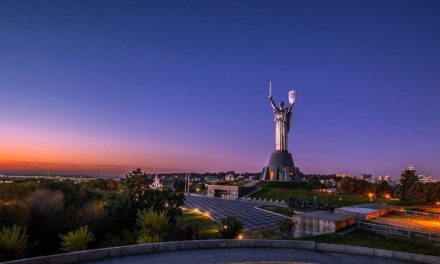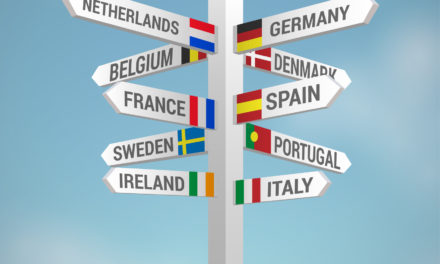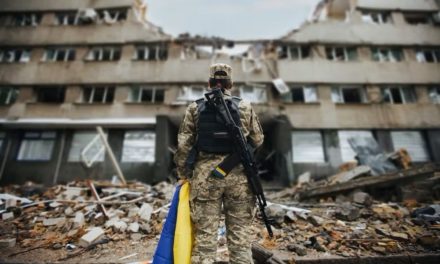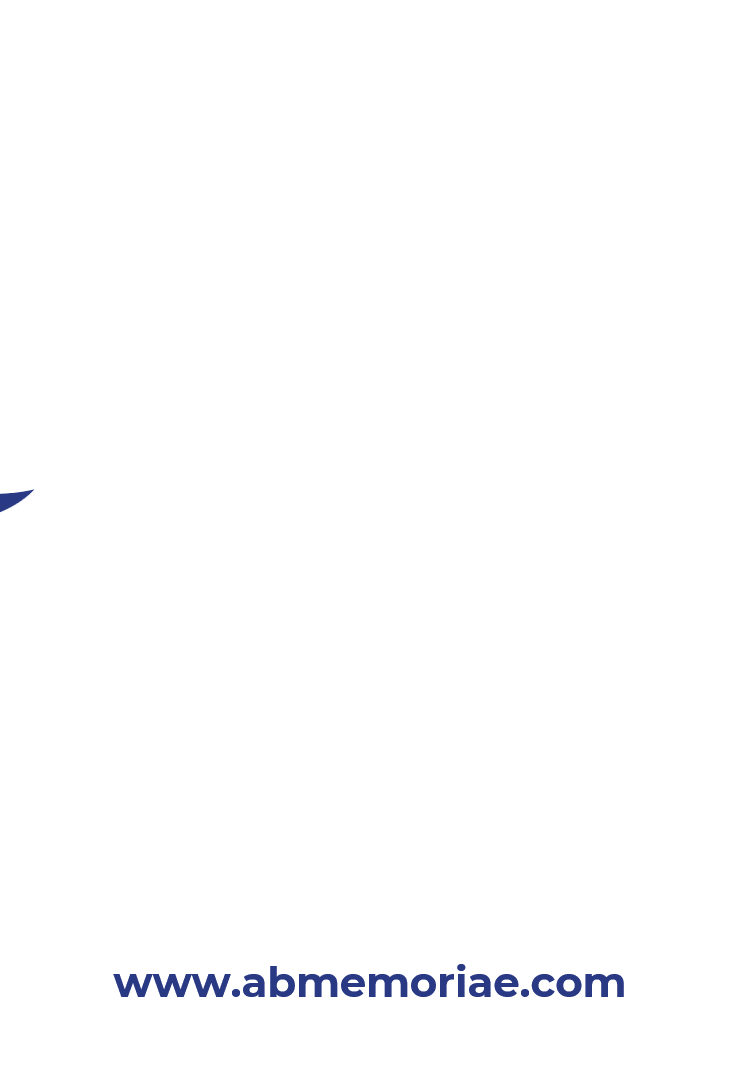
The Czech Republic has taken over the rotating presidency of the European Union
On 1 July, it was the Czech Republic’s turn to take over the reins of the EU for the next six months. The handover took place between French President Emmanuel Macron and Czech Foreign Minister Jan Lipavský, as Czech President Miloš Zeman was suffering from health problems. The French presidency of the European Union, the first since the Sarkozy era, has been marked by the Covid-19 pandemic, but above all by the war in Ukraine and its direct consequences on the lives of Europeans, notably galloping inflation and shortages of raw materials and consumer products. There is little doubt that the Czech Republic, a Central and Eastern European country that joined the EU in 2004 after decades of communist rule, will place the Ukrainian issue and the reception of refugees fleeing that country at the heart of its policy for the end of the year.
British Prime Minister Boris Johnson has resigned
Weakened by scandals, notably Partygate, Boris Johnson has announced that he will resign as leader of the Conservative Party, but will remain Prime Minister until next autumn, when his successor will be known. A whimsical character who stands out in British politics, recognisable by his haircut, the former mayor of London built his political reputation by being in favour of Brexit, going against the grain of the Conservative prime minister at the time, David Cameron. After the successful referendum in 2016, he will succeed Theresa May in 2019 to lead the UK’s exit from the European Union. Liz Truss and Rishi Sunak are the two candidates in the running to succeed him both as leader of the Conservative party and the British government.
Croatia to adopt euro as currency on January, 1st 2023
It is now official: Croatia, the latest country to join the European Union (on 1 July 2013), has announced that it will adopt the common currency next January, replacing the kuna, its current currency. A relatively poor country and net beneficiary of EU structural aid, Croatia has faced many challenges since the end of the wars that tore the Balkans apart in the 1990s. The country, which is heavily dependent on tourism, has been badly affected by the pandemic, with far fewer tourists than expected. A declining population and high unemployment, especially among young people, have led many Croats to try their luck abroad.
Italian Prime Minister resigns after coalition failure
After three of his coalition parties refused to give him the confidence of parliament, Italian Prime Minister Mario Draghi submitted his resignation to President Sergio Mattarella. This government, in place since February 2021, was based on a broad and heterogeneous coalition. In the aftermath, parliament was dissolved and new elections are scheduled for the autumn. Polls put Giorgia Meloni’s post-fascist party in the lead with 24% of the vote, followed by Matteo Salvini’s League, and other right-wing parties, suggesting the possibility of a broad right-wing coalition to support the future government.
Russia and Ukraine found agreement under Turkish auspices for wheat exports through the Black Sea
President Recep Tayyip Erdogan has just won a major diplomatic victory, by succeeding in bringing the Russians and the Ukrainians to the table to find an agreement allowing the exit of Ukrainian wheat through the Black Sea. The agreement was signed in Ankara in the presence of UN Secretary General Antonio Guterres. Following this agreement, wheat prices collapsed on the international markets and the prospect of famine in Africa is receding, as African countries are major importers of Russian and Ukrainian wheat. Shortly after the agreement, however, the port of Odessa, one of Ukraine’s main commercial ports not yet under Russian control, was bombed by Russian aircraft.
Serious energy shortages in sight for Europe this winter
The war in Ukraine has raised the threat of a major energy shortage in Europe this winter, despite the recent resumption of gas exports from Russia to the European Union, albeit at a reduced rate. Europeans are considering a common solution to this almost unprecedented situation resulting from political sanctions against Russia. Germany, which has been particularly vulnerable since its decision to phase out nuclear power, risks serious supply problems that would jeopardise its powerful industry and growth.





